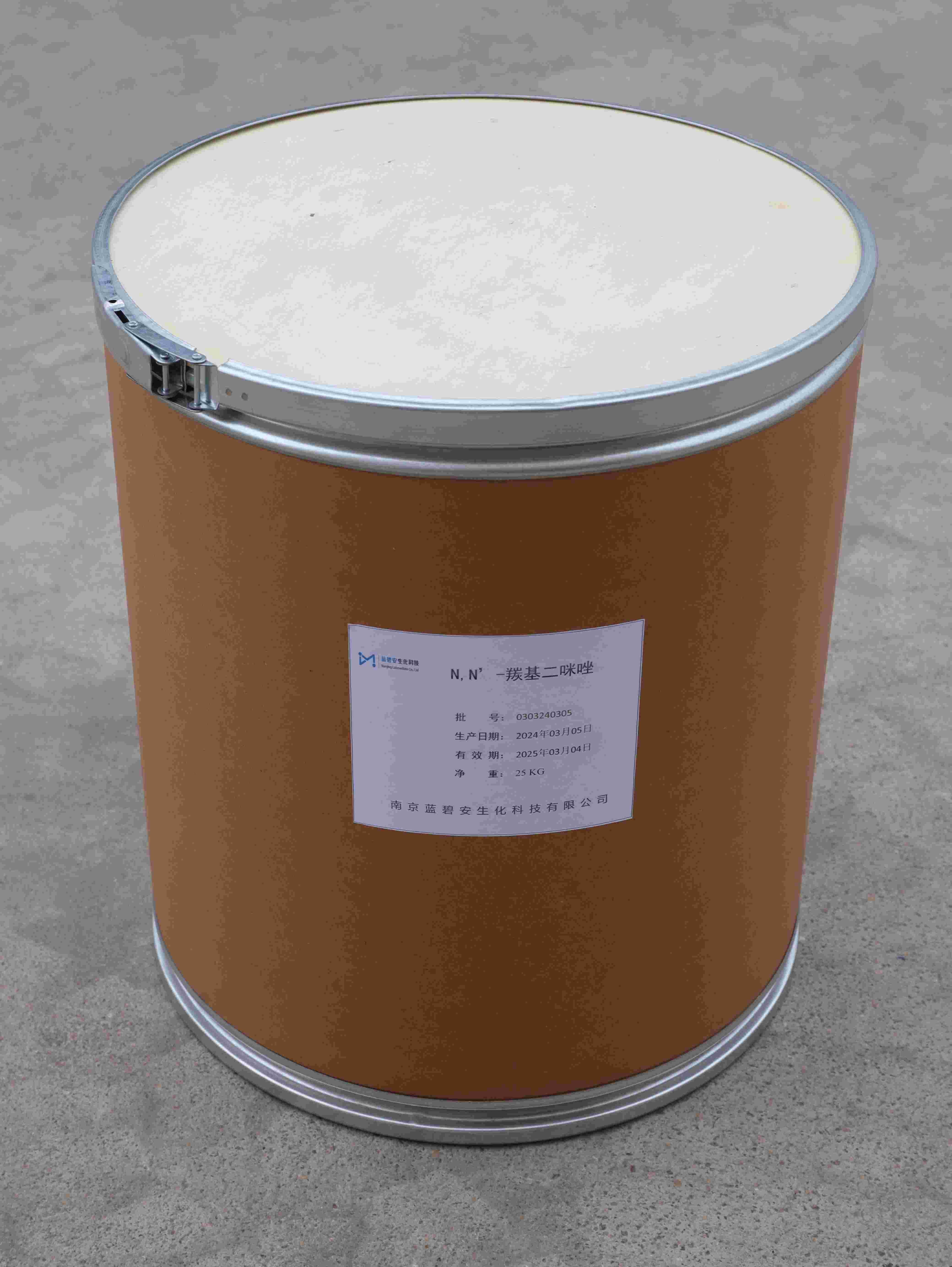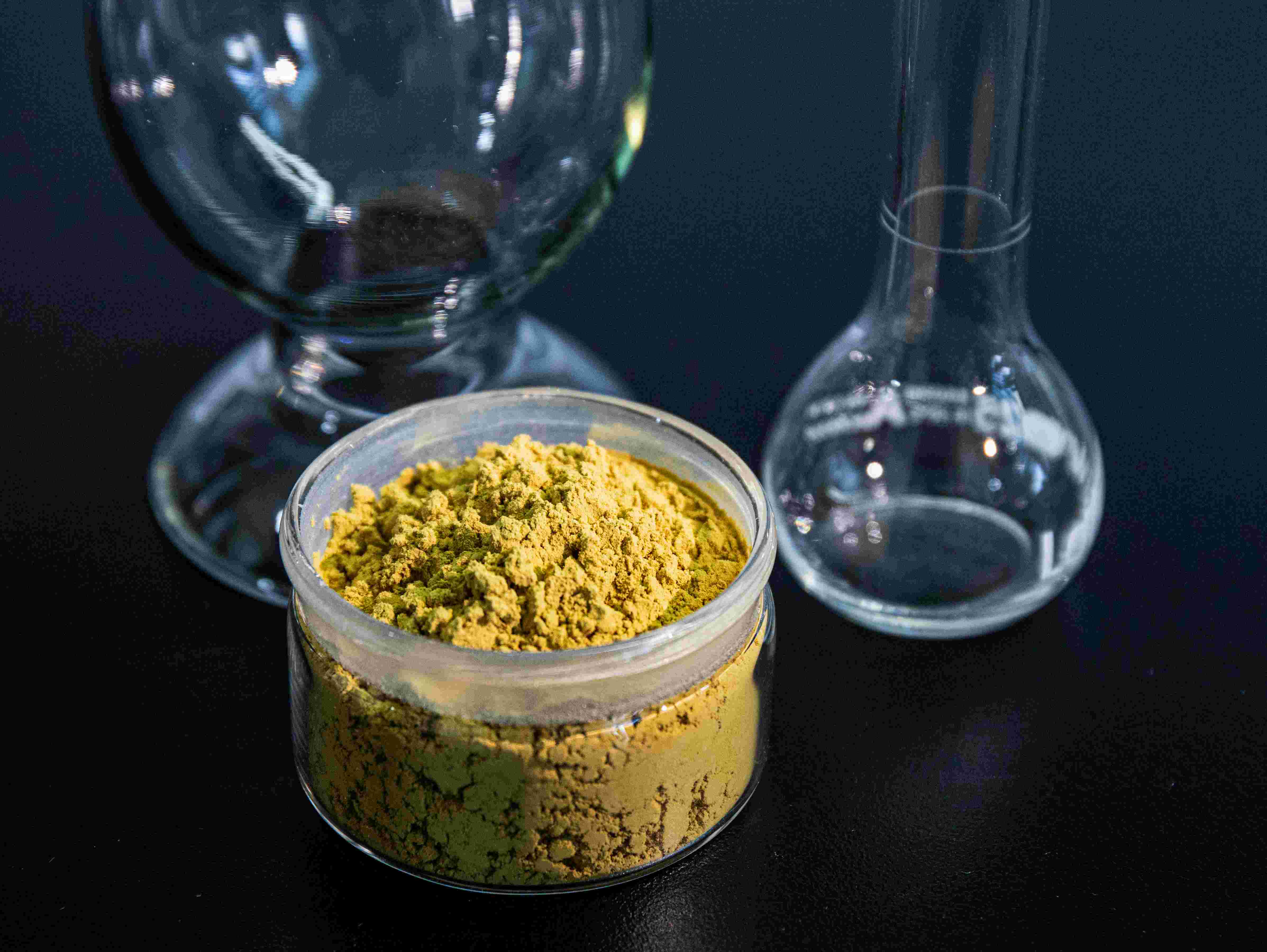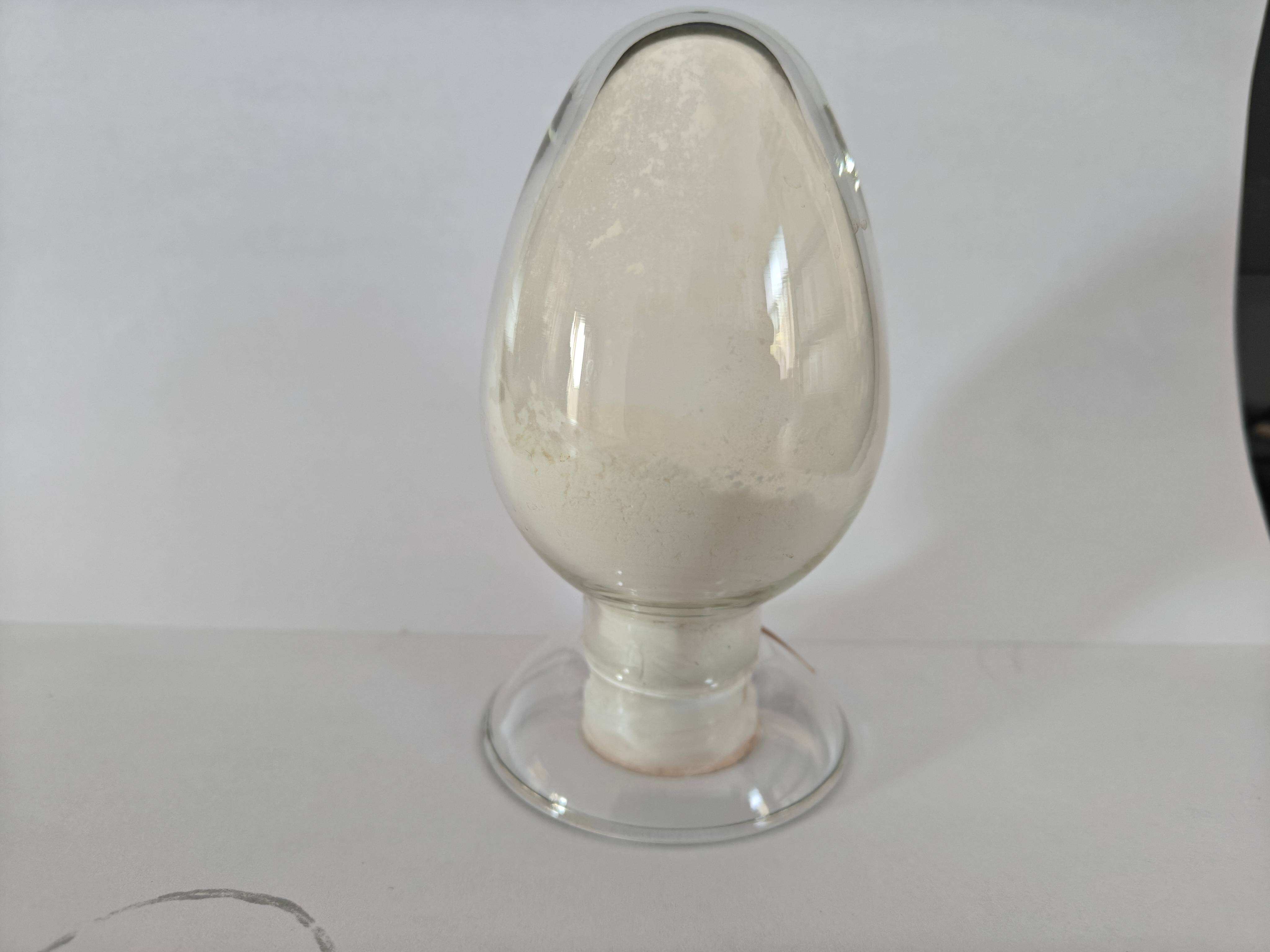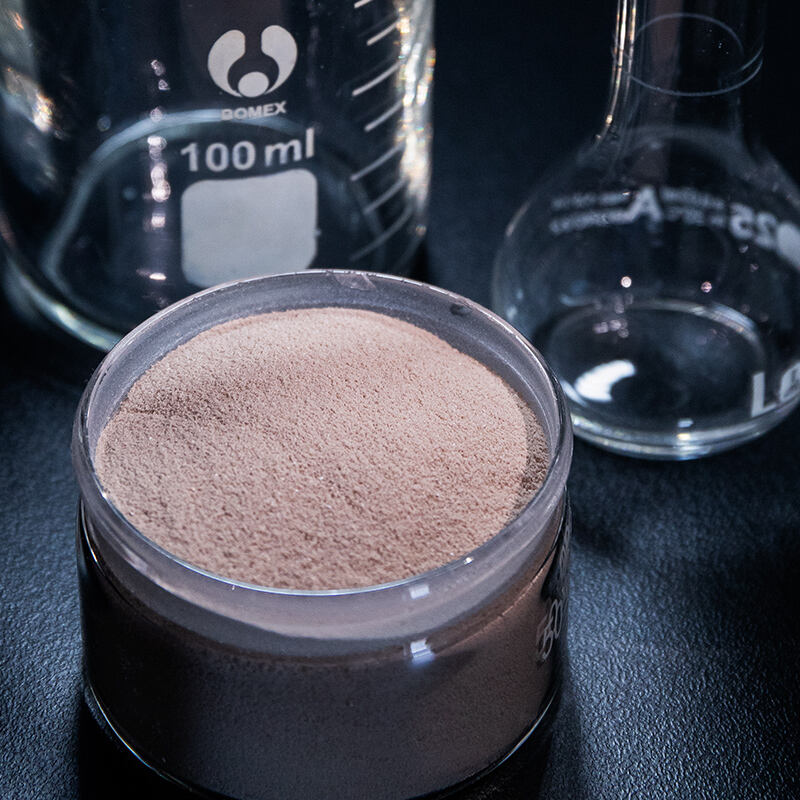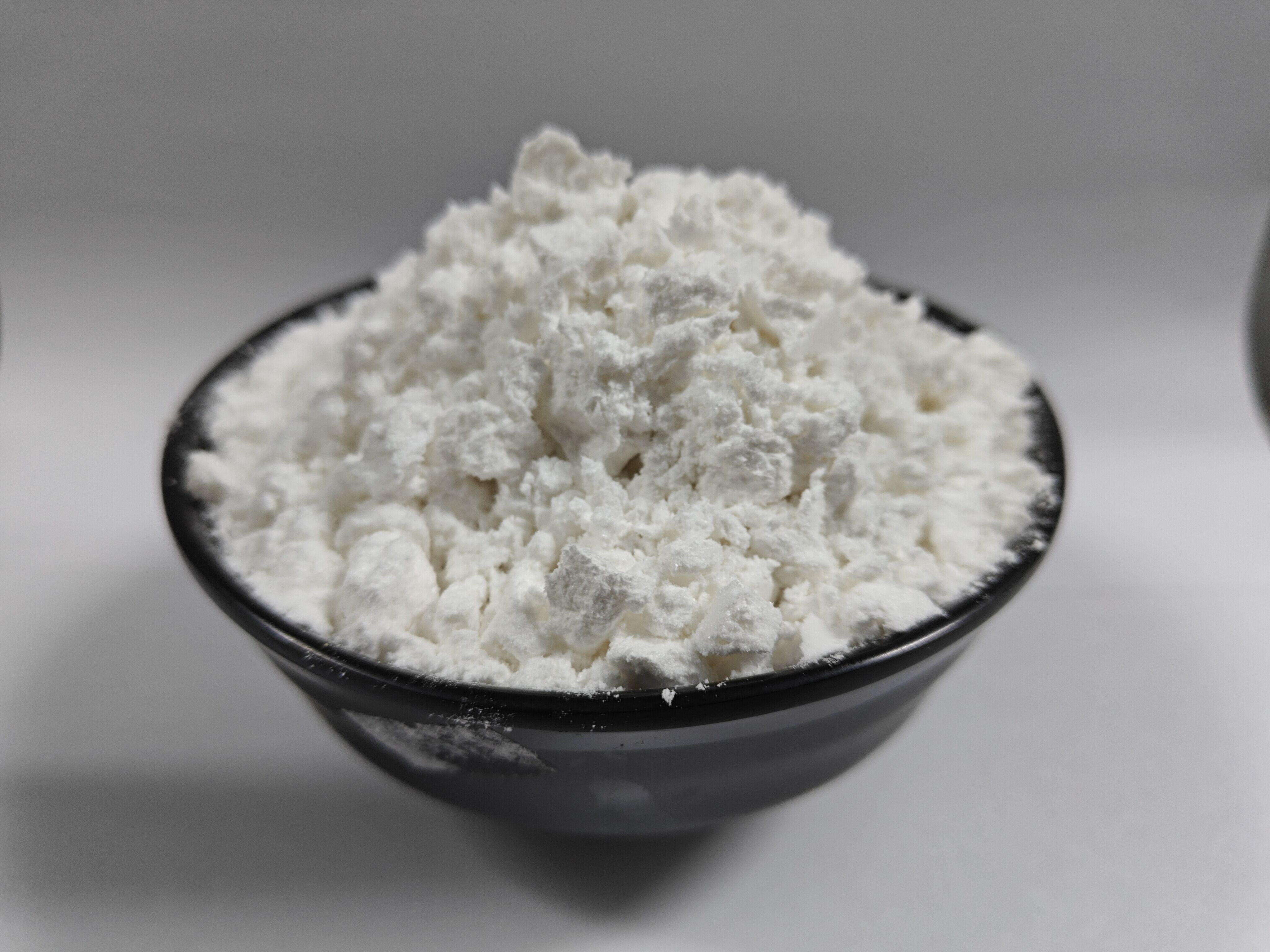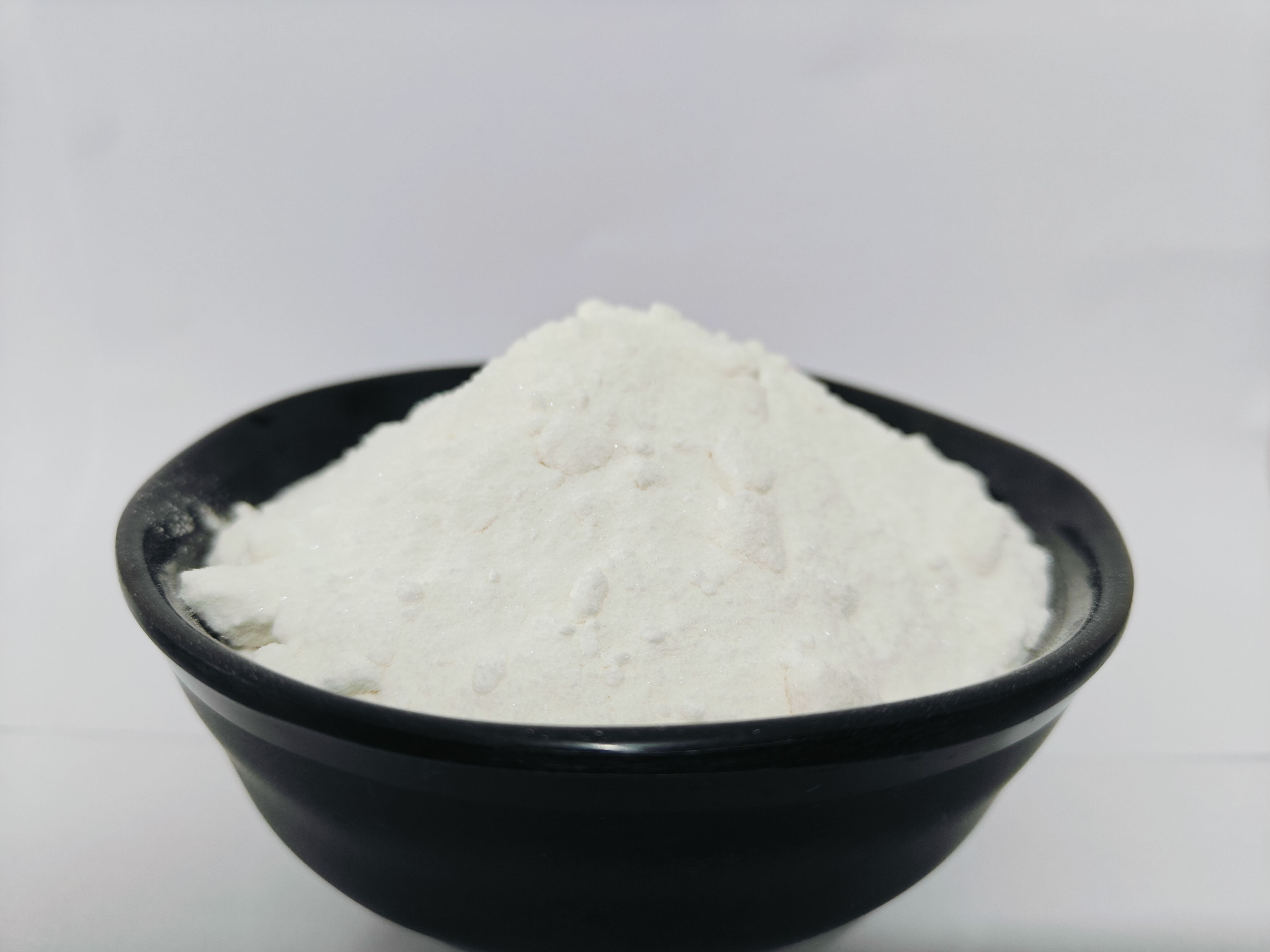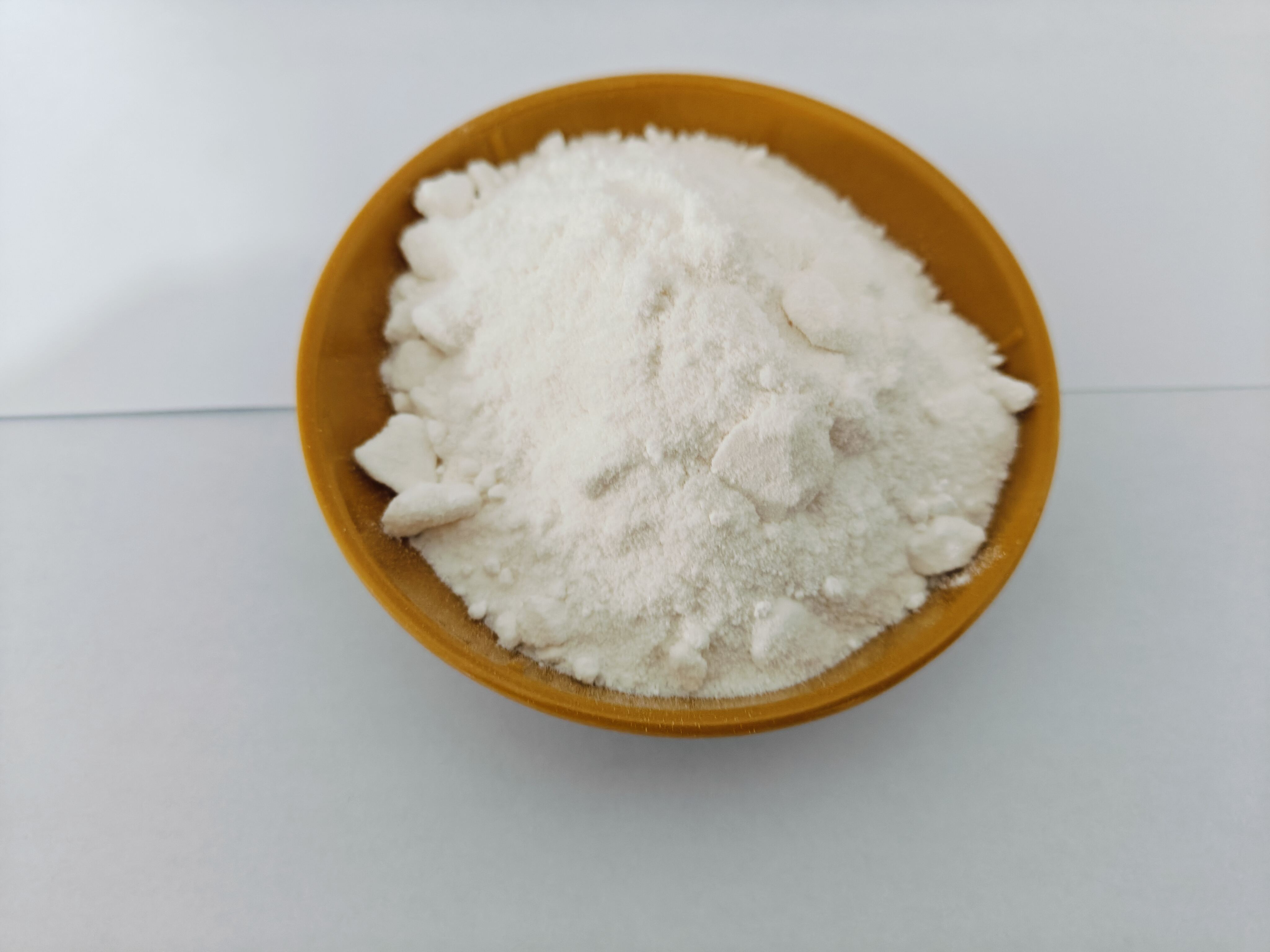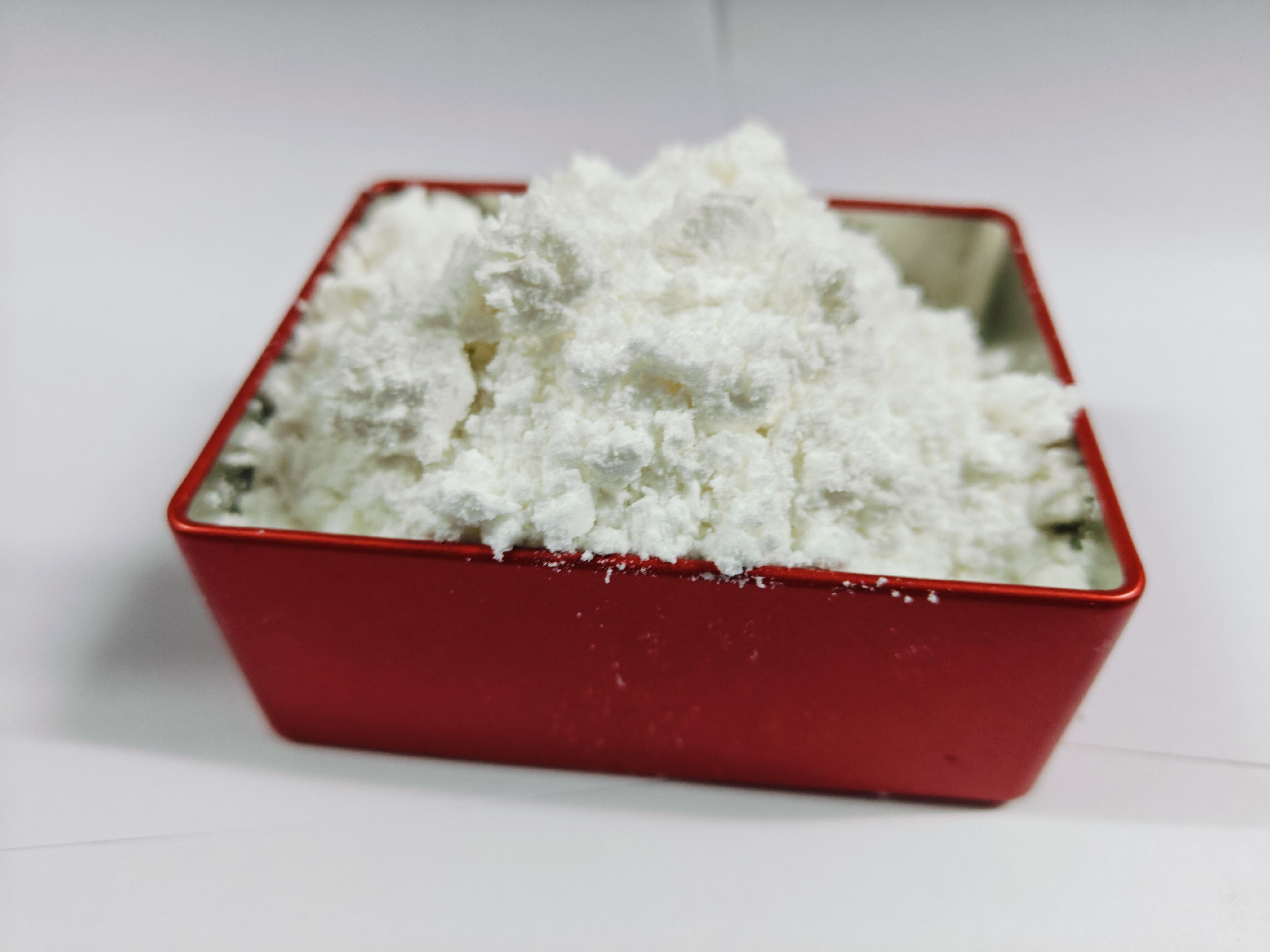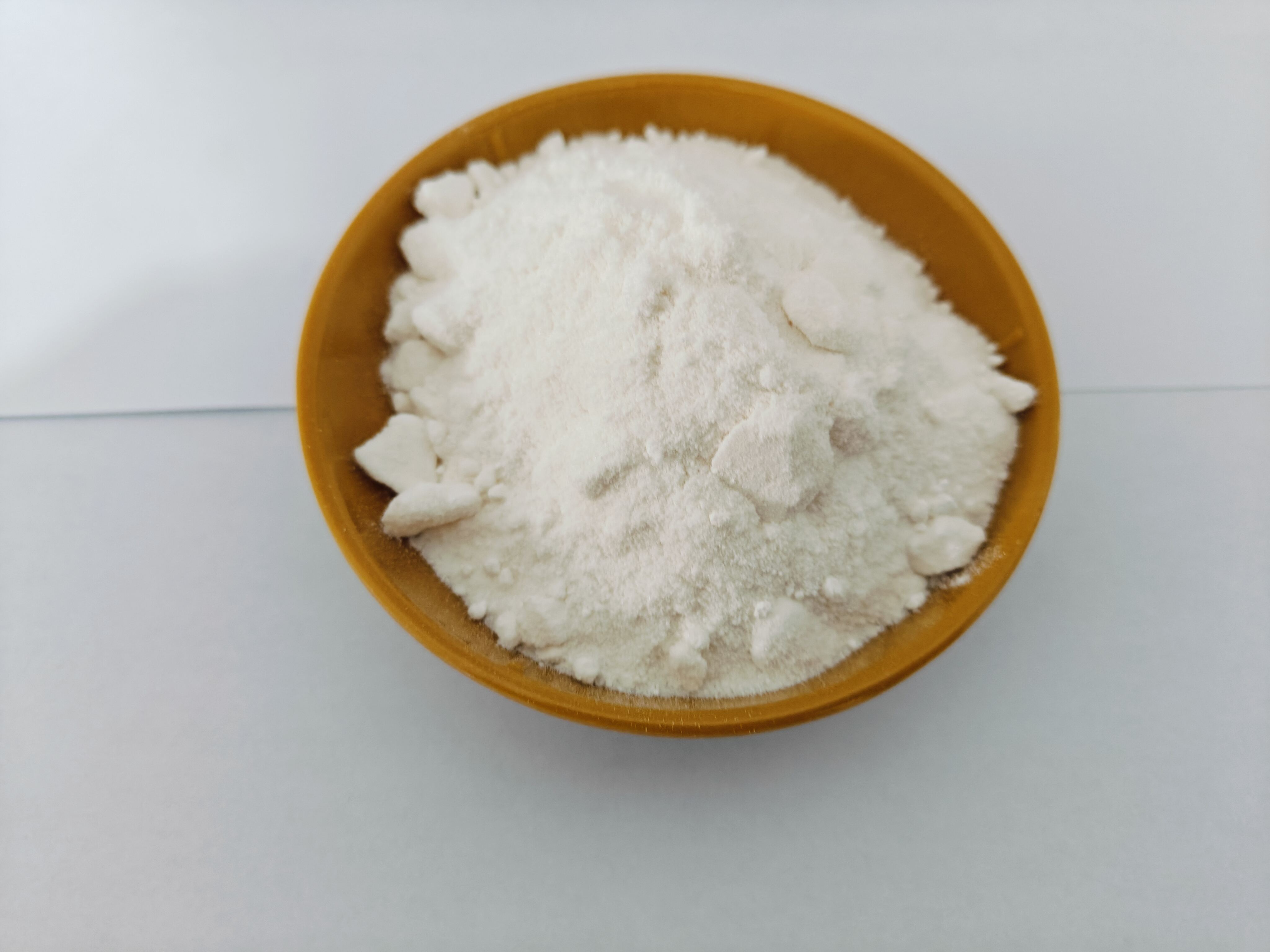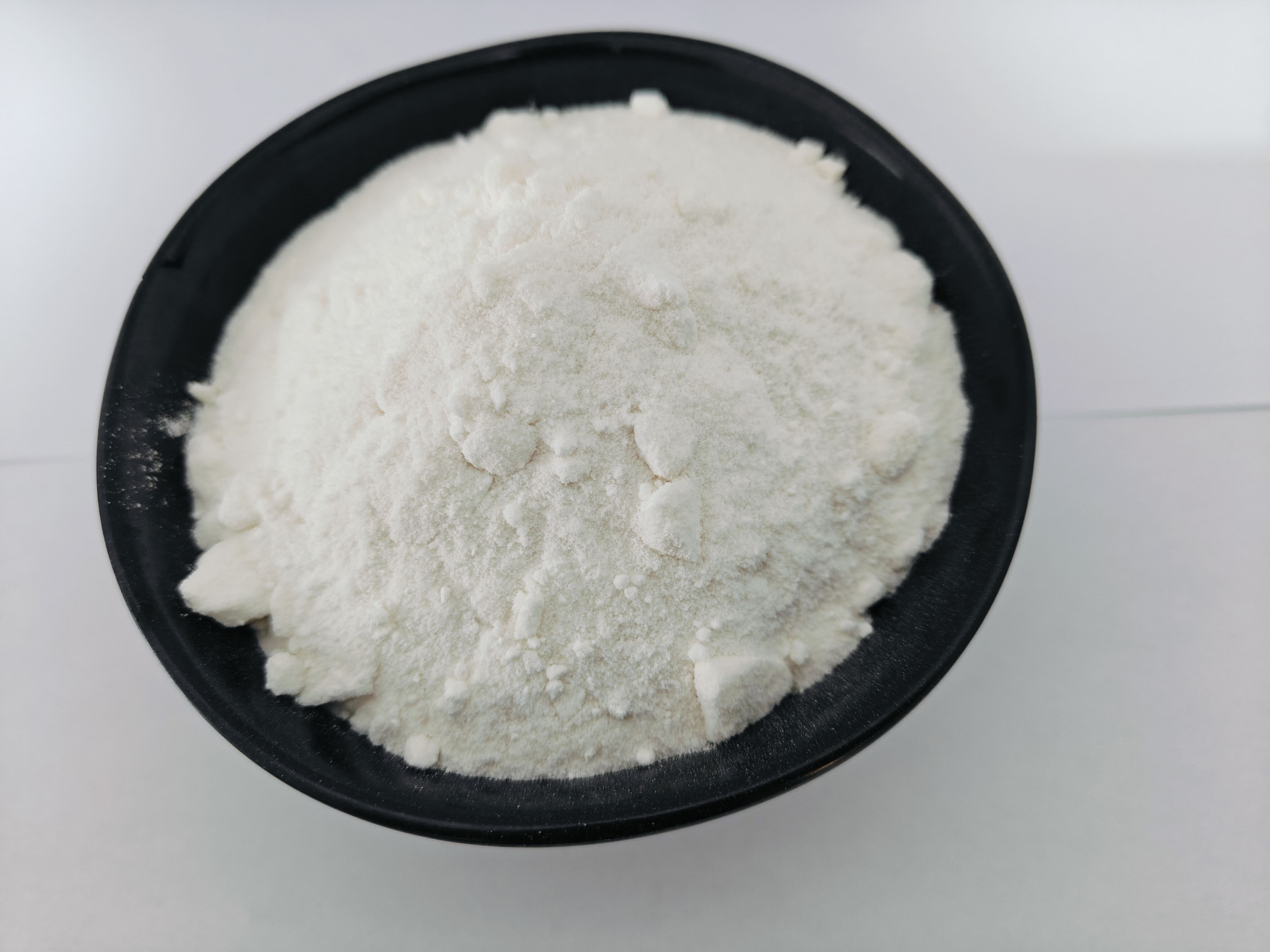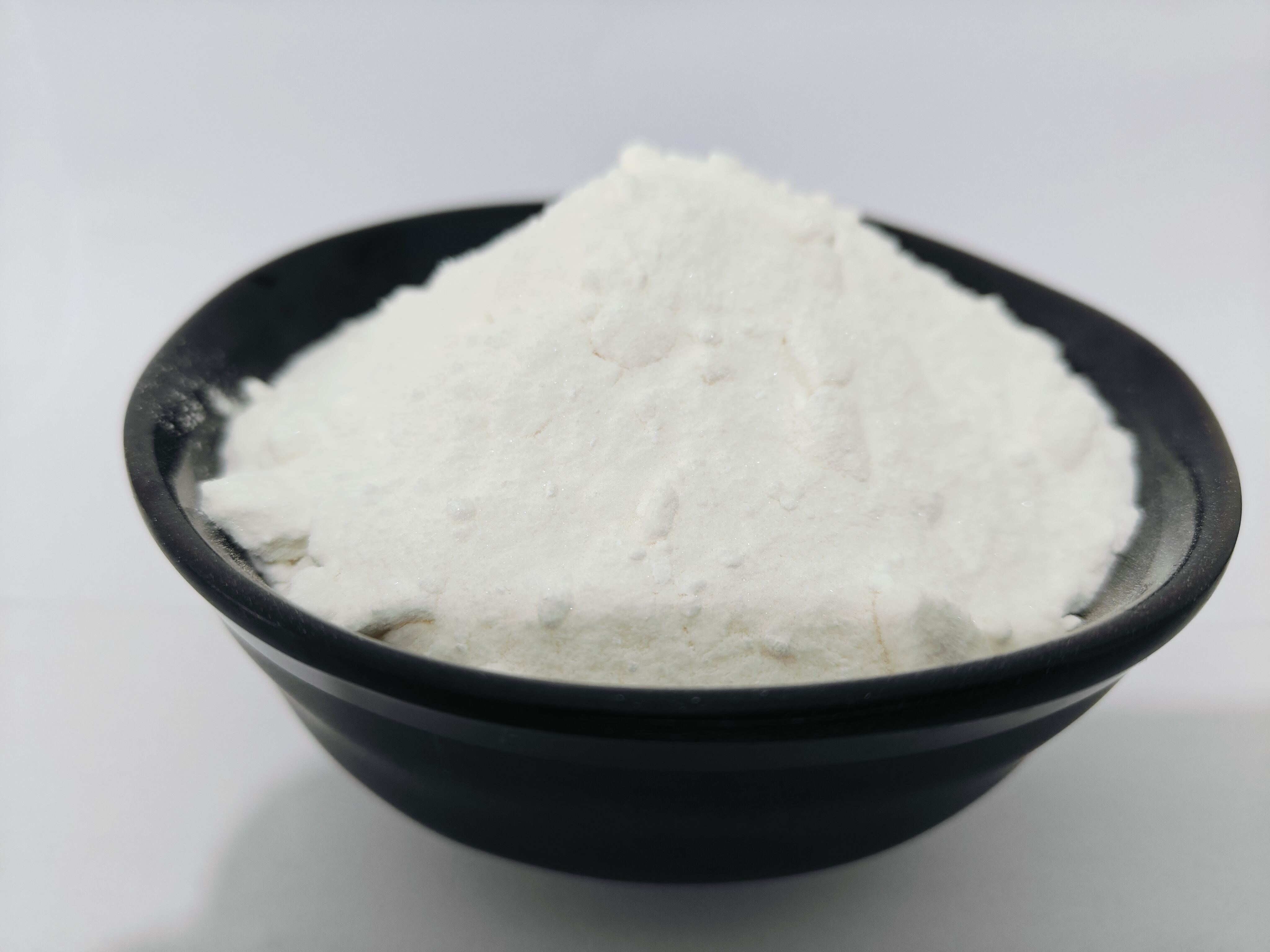pagsipsip ng tubig
Ang pag-aasim ng tubig ay isang pundamental na katangian na naglalarawan sa kakayahan ng isang materyales na kunin at panatilihin ang tubig sa pamamagitan ng iba't ibang mekanismo. Ang kritikal na proseso na ito ay nanggagawa ng pagsama ng mga molekula ng tubig sa estraktura ng mga materyales, maging sa pamamagitan ng pagdikit sa ibabaw, kapilyaryong aksyon, o molecular na pag-uugnay. Sa industriyal at komersyal na aplikasyon, mahalaga ang pag-aasim ng tubig sa maraming sektor, mula sa konstruksiyon hanggang sa produktong pangkonsumo. Ang teknolohiya sa likod ng pag-aasim ng tubig ay umunlad nang malaki, kasama ang advanced na polymers at inihanda na materyales na maaaring kontroluhin nang husto ang rate at dami ng pag-aasim ng tubig. Gumagamit ang modernong sistema ng pag-aasim ng tubig ng sophisticated na materyales tulad ng super-absorbent polymers (SAPs), na maaaring asumin at panatilihin ang kamakailan pa man ng tubig kumpara sa kanilang sariling timbang. Nakikita ng madaling aplikasyon ang mga materyales na ito sa agrikultura para sa soil moisture retention, sa personal care products para sa pinagpapalakas na absorbency, at sa construction materials para sa moisture control. Partikular na mahalaga ang proseso sa quality control at material testing, kung saan ang mga rate ng pag-aasim ng tubig ay sumisilbi bilang pangunahing indikador ng pagganap at durability ng materyales. Kailangan at dapat kontrolin ang pag-aasim ng tubig para sa pag-unlad ng produkto, dahil direktang nakakaapekto ito sa pagganap, haba ng buhay, at functionality ng materyales sa iba't ibang aplikasyon.

